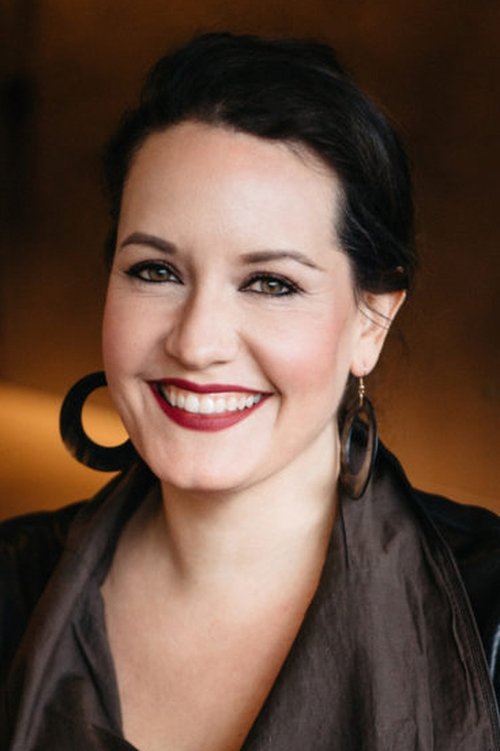Salomé (Opéra de Paris)
Salome, princess of Judea, the daughter‑in‑law of King Herod, finds life in her father‑in‑law’s palace dreary. Her curiosity is roused when she hears the voice of Jochanaan, a prophet held prisoner by Herod who is afraid of him. Obsessed by this enigmatic and virtuous man, Salome is ready to do anything to possess him, dead or alive. Drawing on Oscar Wilde’s scandalous play of the same name, in 1905 Richard Strauss produced the work that was to ensure his status as Wagner’s successor in the history of German opera. A dazzling hour and forty minutes, decadent in its very essence, which, for her debut at the Paris Opera, Lydia Steier treats as a dystopia in which amorality rules.
Storyline
Salome, princess of Judea, the daughter‑in‑law of King Herod, finds life in her father‑in‑law’s palace dreary. Her curiosity is roused when she hears the voice of Jochanaan, a prophet held prisoner by Herod who is afraid of him. Obsessed by this enigmatic and virtuous man, Salome is ready to do anything to possess him, dead or alive. Drawing on Oscar Wilde’s scandalous play of the same name, in 1905 Richard Strauss produced the work that was to ensure his status as Wagner’s successor in the history of German opera. A dazzling hour and forty minutes, decadent in its very essence, which, for her debut at the Paris Opera, Lydia Steier treats as a dystopia in which amorality rules.

Elza van den Heever
Salomé

Karita Mattila
Herodias
Iain Paterson
Jochanaan
Tansel Akzeybek
Narraboth

John Daszak
Herodes
Katharina Magiera
Page of Herodias
Matthaus Schmidlechner
First Jew
Éric Huchet
Second Jew
Maciej Kwasnikowski
Third Jew
Mathias Vidal
Fourth Jew
Sava Vemic
Fifth Jew
Luke Stoker
First Nazarene
Yiorgo Ioannou
Second Nazarene
Dominic Philip Barberi
First soldier
Bastian Thomas Kohl
Second soldier
Alejandro Baliñas Vieites
A Cappadocian
Marion Grange
A slave
